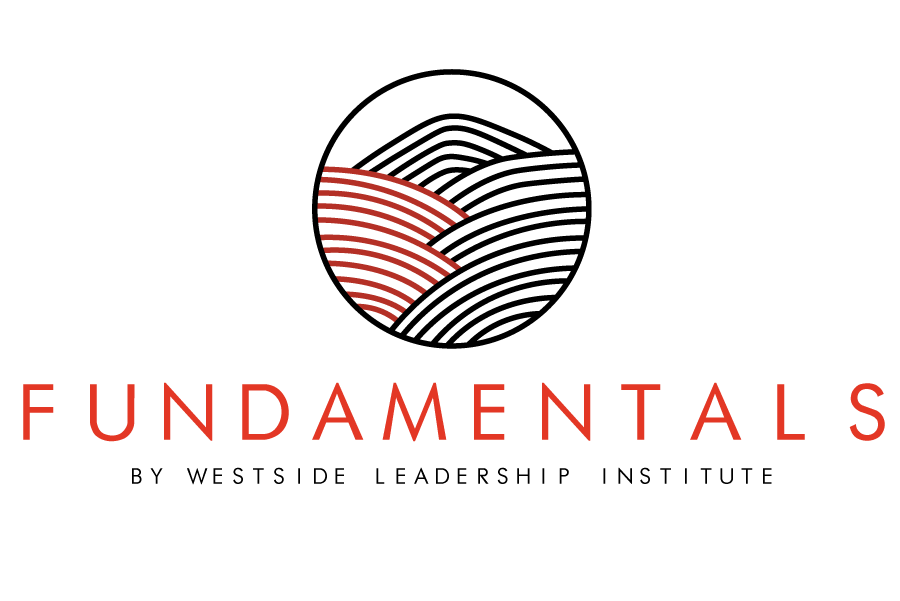
How do you create change in your community to build for a stronger and healthier environment? Creating change can be a slow and difficult process. However, at the core of every movement, there has always been a leader that can bring individuals together to initiate change. The Westside Leadership Institute (WLI) understands that every individual and community has valuable assets that can be used to make change.But, providing the skills and knowledge to be able to implement these assets, can empower communities to make the change they want to see. The WLI aims to support residents living on Salt Lake City’s west side in their efforts to make a difference in their communities by teaching individuals leadership and communication skills, how to engage communities, apply for grants, and utilize the information they learn in real life scenarios.
Every year, professors from the University of Utah teach classes in both English and Spanish. This year the class is taught by Dr. Ivis Garcia Zambrana, Assistant Professor in the City and Metropolitan Planning Program and Dr. Jesus Valero, Assistant Professor in the Political Science Department at the University of Utah. With the professor’s guidance, students work in groups to implement the concepts that are learned in class through projects that address needs in their community. Students also work with local organizations and stakeholders that can help them advance their work. In addition, students apply for seed funding for their projects.
Although COVID-19 has shifted the platform of classes to be virtual, a total of 22 students are registered in the class with 11 students being residents of the community and the other 11 being current students at the University of Utah. WLI students have formed five groups that have selected project topics that relate to the following subjects; housing, recreation and wellness, arts and culture, mental health and wellness, and community engagement and equitable communication.
The group that is focusing on community engagement and equitable communication has identified a need to engage underrepresented communities in City Council meetings. The project is focused on teaching community members how to navigate political systems and get involved in discussions to share their voices. The recreation and wellness team are looking to improve experiences on the Jordan River Trail by including culturally inclusive spaces, keeping the trail better maintained, and providing interactive opportunities. In doing so, the team strives to provide accessible green spaces to the neighborhoods of Rose Park and Glendale. Similarly, the group working on arts and cultural resources would like to create a physical space that promotes social cohesion and diversity by using local arts, food, music, facilities and cultural infrastructure. Another group has identified the need to connect community residents with mental health services. They would like to empower individuals through education to help normalize discussions of mental health. Finally, as housing becomes less accessible, a team is working on educating residents about zoning reform in each neighborhood and the benefits of smart growth. Each group will be collaborating with residents and local organizations to implement their projects. The WLI is evidence that change is possible and communities of all background hold the power to make it happen.
Content provided by Minerva Jimenez
